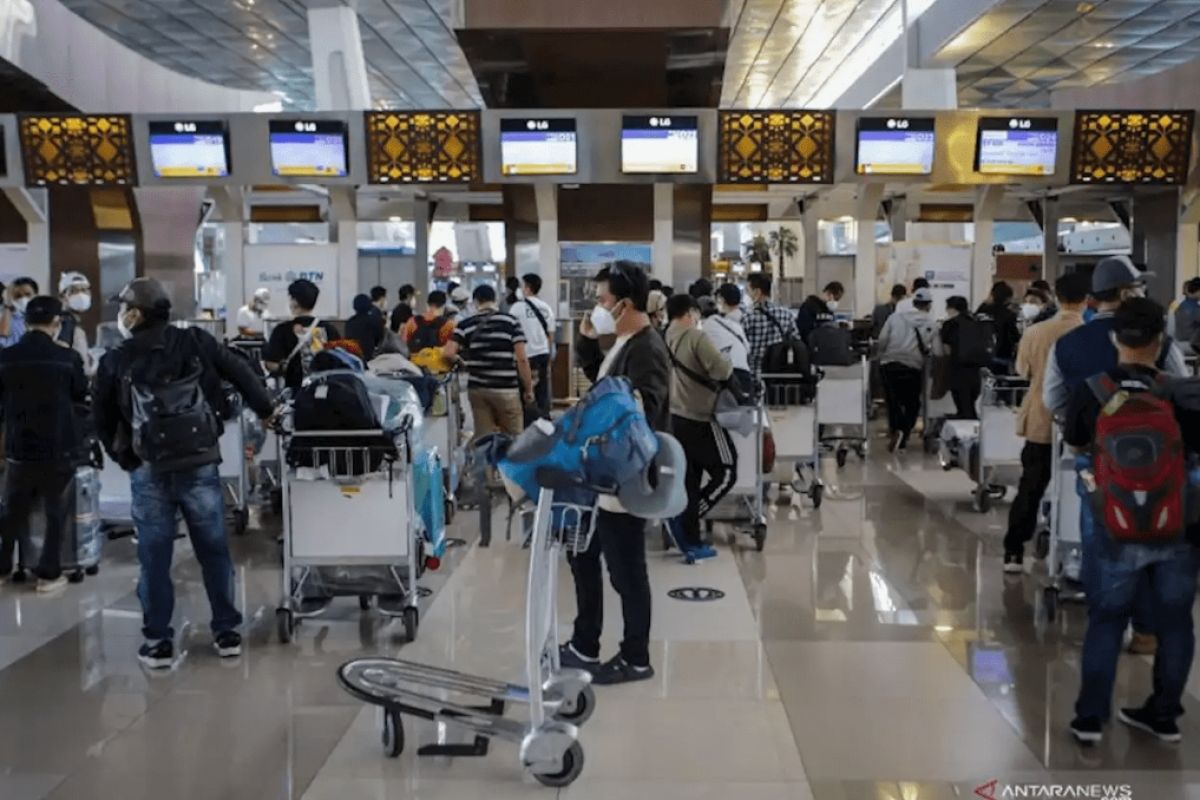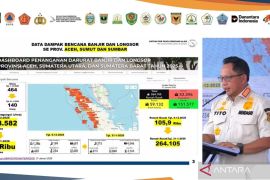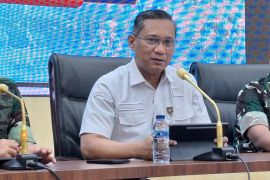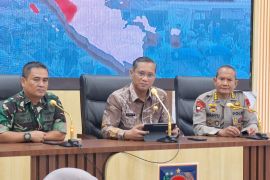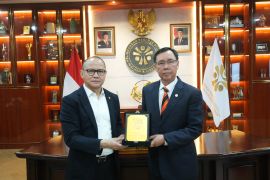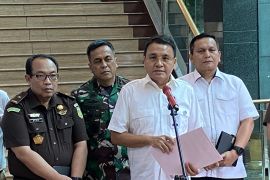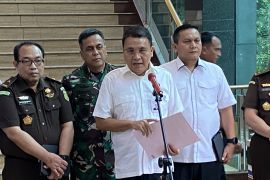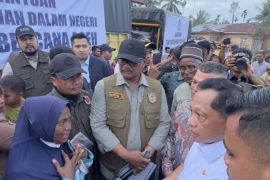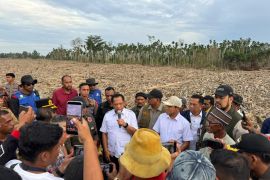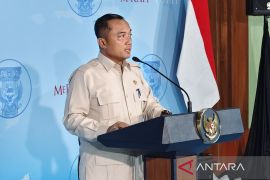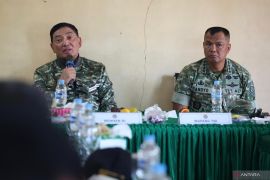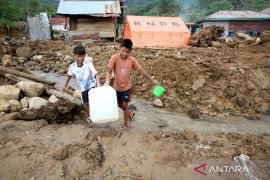These provisions are stipulated in the Circular Letter of the Head of the COVID-19 Task Force Number 11 of 2022 on Provisions for Domestic Travel during the COVID-19 Pandemic published as of March 8, 2022.
"Domestic travel also needs to be undertaken with caution, with monitoring through the PeduliLindung application, while travelers must have received complete and booster vaccinations, should be asymptomatic, and should comply with health protocols," Head of the Emergency Health Support Sub Division of the Army COVID-19 Handling Task Force, Retired Alexander K. Ginting, confirmed here on Tuesday.
The circular explains that the policy applies to domestic travelers using air, sea, and land transportation modes, either private or public vehicles, via crossings, and intercity trains from and to regions throughout Indonesia.
Several recent regulations state that domestic travelers, who have received a second vaccine dose or a third dose of vaccination, or booster, are not required to show a negative result of the RT-PCR test or antigen swab test.
Moreover, the latest provisions necessitate domestic travelers, who have received the first dose of vaccination, to show a negative result of the RT-PCR test for the sample taken in the last three days or an antigen swab test for which the sample was taken within the last day before departure.
Meanwhile, domestic travelers, with special health conditions, or who have comorbid diseases that prevent sufferers from receiving vaccinations, were required to show a negative result of the RT-PCR test for the sample taken in the last three days or an antigen swab test for which the sample was taken on the last day before departure and attach a doctor's certificate.
"This is especially applicable for travelers, who routinely use land transportation modes, and whether they are using private or public vehicles and trains in one area or the urban agglomeration area, they are excluded from these requirements," he clarified.
Ginting emphasized that travelers still need to tighten health protocols by wearing a three-layer cloth mask or medical mask properly to cover the nose, mouth, and chin.
"Travelers also need to regularly change their masks every four hours and dispose waste masks in the places provided. They are also required to maintain a minimum distance of 1.5 meters from other people in the vicinity and avoid crowds," he remarked.
Ginting explained that travelers using modes of land, sea, and air transportation as well as trains, and via crossings are not allowed to engage in one way or bi-directional telephonic conversation or in person during the trip.
The provision also prohibits travelers from solid and liquid intake during trips lasting less than two hours. "This provision is exempted for individuals required to take drugs for treatment, and if the treatment is not followed, then it can endanger the safety and health of the person," he emphasized.
Translator: Katriana
Editor: Rahmad Nasution
Copyright © ANTARA 2022
